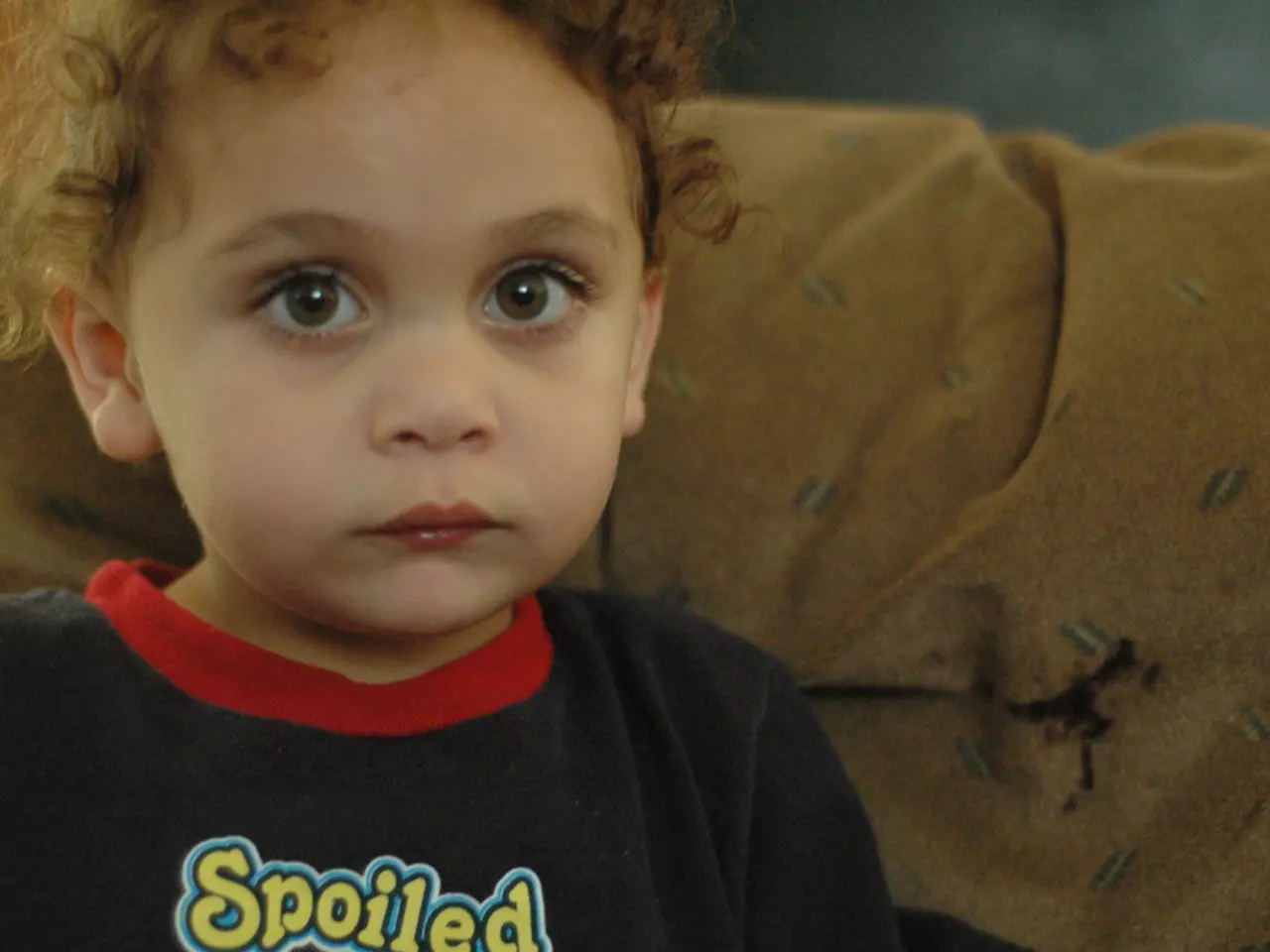Cystic Fibrosis Types: Understanding Causes, Diagnosis, Treatments, and Additional Information
Cystic fibrosis (CF) is a genetic disorder that affects the movement of salt and water in and out of cells, leading to thick mucus production and a range of health complications. Here's a closer look at common CF mutations, their associated symptoms, and treatment options.
Common Types of Cystic Fibrosis Mutations
- The most frequent CF mutation is F508del, accounting for about 66.8% of cases worldwide. Its prevalence varies by geographic region, with higher frequencies in Northern European countries.
- G542X is less common, occurring in about 2.6% of cases worldwide.
- N1303K, G551D, and W1282X are also prevalent but less so than F508del and G542X.
- c.2052delA (2184delA) is a less common mutation that causes a frameshift leading to a premature termination codon, resulting in a truncated or absent CFTR protein.
Associated Symptoms
- Respiratory symptoms such as persistent cough with thick mucus, wheezing, shortness of breath, and recurrent lung infections are common.
- Digestive symptoms like poor growth and fatty stools due to malabsorption are also prevalent.
- Other symptoms may include chronic sinusitis, nasal congestion, and issues affecting the pancreas, liver, kidneys, intestines, and reproductive system.
Treatment Options
- CFTR modulators, designed to correct or enhance the function of the CFTR protein, are used to manage symptoms in patients with certain mutations, such as F508del.
- Antibiotics are used to treat recurrent lung infections.
- Pancreatic enzyme replacement is used to address digestive issues due to pancreatic insufficiency.
- Physiotherapy and airway clearance techniques help remove mucus from the airways.
- Anti-inflammatory medications are used to reduce inflammation associated with lung infections.
Overall, while there are many different mutations, the treatment often focuses on managing symptoms and improving quality of life. It's important to note that cystic fibrosis mutations are genetic changes passed from one generation to the next. If both parents pass on a damaged gene, their biological child may develop cystic fibrosis.
References:
- Cystic Fibrosis Foundation (2021)
- Mayo Clinic (2021)
- Genetics Home Reference (2021)
- Cystic Fibrosis Trust (2021)
- Vertex Pharmaceuticals (2021)




